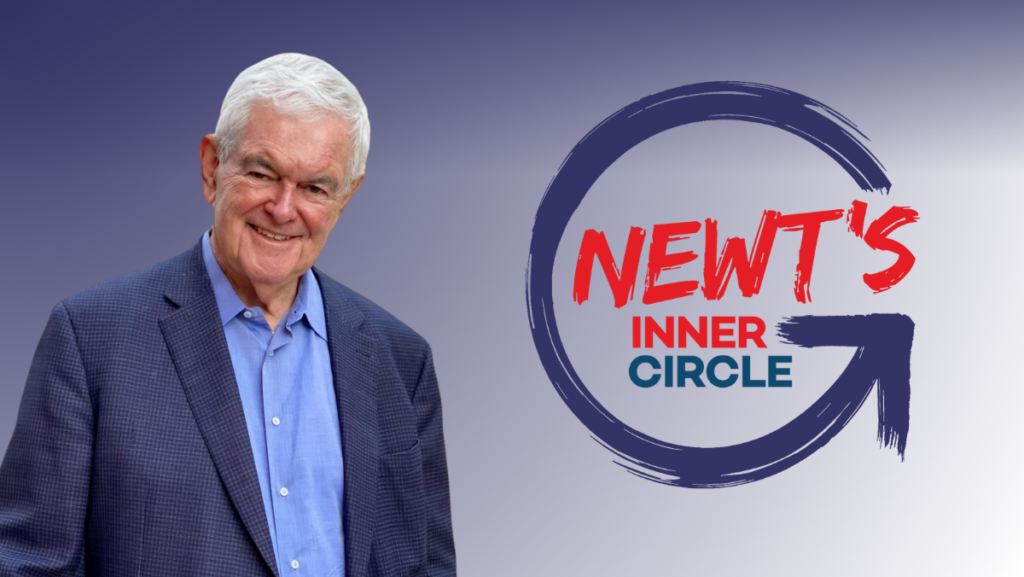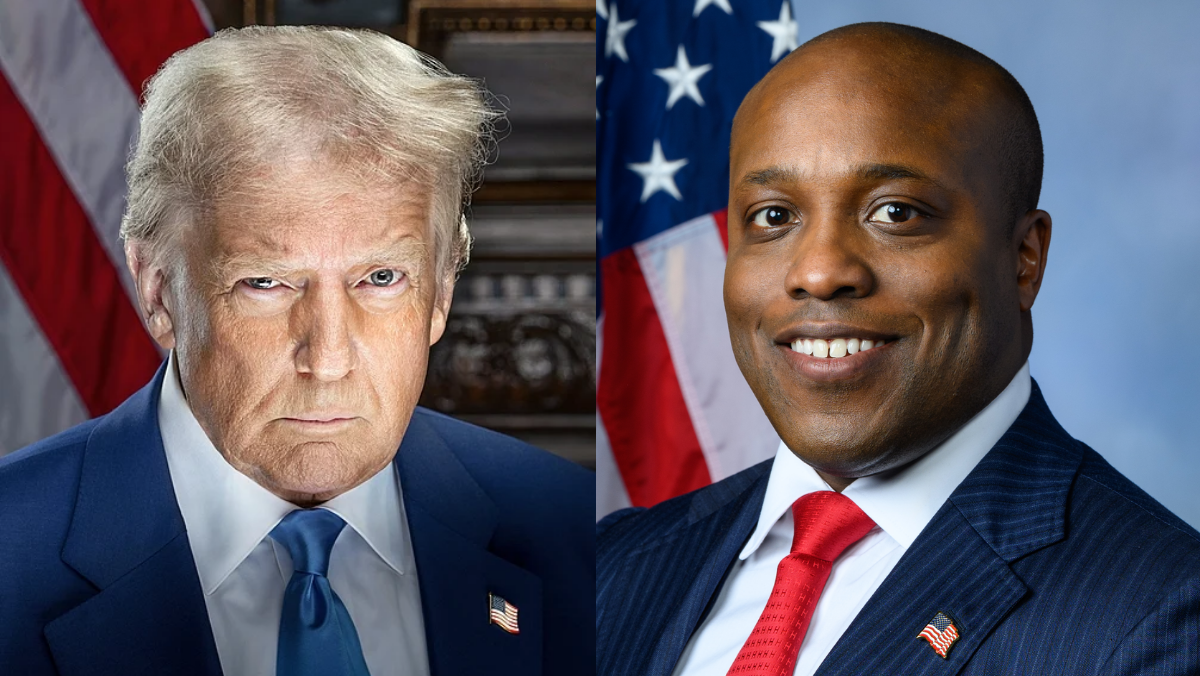One of the greatest successes of President Donald J. Trump’s first term was passage of the First Step Act into law.
This was a major, bipartisan reform that focused on returning fairness, common sense, and effectiveness to our justice system – while making our communities safer and more prosperous.
I worked closely with the administration to develop and build support for the law, because fixing our prison and justice systems has been a career-long effort of mine.
As I wrote in the Washington Post in November 2018, I strongly supported the First Step Act because it aimed to fix some well-meaning but misguided laws which I and many others supported when I served in Congress.
It amended overly harsh and disproportionate sentences for people who had been imprisoned for crack cocaine addiction. It put in place robust rehabilitation, substance abuse, and learning programs so people who served their time left with the skills and habits to be law-abiding, healthy, productive members of society. It offered important second chances for those convicted for nonviolent offenses – many of which were directly related to drug addiction. And it had a fiscal-minded goal to reduce the cost and population of our prison system, which costs taxpayers roughly $80 billion a year.
By nearly all measures, the law was a resounding success. In June 2024, the U.S. Department of Justice reported the number of people rearrested after being released under the First Step Act’s provisions was 9.7 percent. This number – known as the recidivism rate – was 46.2 percent before the law took effect in 2018. This means tens of thousands more Americans are now living law-abiding lives. When you consider what this means for their families, communities, and their own lives, the impact is remarkable.
President Trump and Congress now have the opportunity to take a vital next step toward improving our justice system and making American communities safer.
The Safer Supervision Act can build on the successes of his first term and improve the safety and lives of Americans across the nation.
The Safer Supervision Act seeks to improve and refocus the federal supervised release system. Supervised release is a period of supervision designed for people recently released from federal prison. It’s like probation or parole – but it takes place after a person has fully served his or her prison sentence. Unlike other types of supervision, supervised release can be ordered only to support re-entry or protect public safety. It cannot be ordered by the Court as punishment for a crime. Congress intended for this program to be used rarely and for people who genuinely need supervision. But now, nearly every person convicted in federal court is assigned supervised release – regardless of the type and severity of his or her crimes, the likelihood of recidivism, or other factors.
As a result, this program costs taxpayers roughly $500 million a year and has left federal officers stretched thin keeping tabs on people who pose little or no threat to society. Because of the strict rules of federal supervision, it also means many people get thrown back in jail (sometimes for months or years) if they accidentally miss a meeting, fail to report to their supervisors on time, or have an unfortunate relapse into drug addiction.
Sponsored by Republican Wesley Hunt of Texas in the 118th Congress, the bill is currently cosponsored by six Republicans (Burgess Owens, Byron Donalds, Kelly Armstrong, Nathaniel Moran, Barry Moore, and Don Bacon) and three Democrats (Sheila Jackson Lee, Glenn Ivey, and David Trone).
The Safer Supervision Act would provide clarity to courts so judges could consider supervised release based on individual people and their situations. Convicted gang members and those with long histories of crime likely need supervised release. First time and nonviolent offenders likely do not.
It would also provide a clearer path for those under supervision to be released early for good conduct. This would offer incentives for people to follow the law, keep steady jobs, stay off drugs, and lead positive lives.
Importantly, the law would also give courts an avenue to determine if those who violate the rules of their supervision because of a drug addiction need to be sent back to prison – or enrolled in substance abuse therapy and rehabilitation.
All these provisions would help reduce crime – and give many thousands of Americans the opportunity to change their lives and become productive, law-abiding, and helpful members of society. They would also reduce the financial burden on taxpayers who are funding our massive prison system.
Like the First Step Act, the Safer Supervision Act is completely bipartisan. Republicans and Democrats in the Senate and House alike support this bill.
President Trump took a remarkable first step toward improving our justice and prison systems in his first term. Supporting and signing the Safer Supervision Act would be a remarkable next step.
For more commentary from Newt Gingrich, visit Gingrich360.com. Also, subscribe to the Newt’s World podcast.

- Newt’s World Episode 871: Daniel Silva on An Inside JobNewt talks with Daniel Silva, #1 New York Times bestselling author, about his new book, An Inside Job.
- Balancing the Budget Requires Reforming the Congressional Budget ActBalancing the Budget is the decisive principle that will enable genuine reform of the federal government. Americans will accept substantial changes if they lead to a balanced budget, lower interest rates, lower taxes, a healthier economy, and increased jobs and take-home pay.
- President Trump Challenges the Congress to Balance the BudgetNow that the One Big Beautiful Bill has passed, Congress has set its sights on an even more ambitious long-term project. This new project will require five to seven years of creativity, thoughtfulness, and ingenuity: balancing the federal budget and beginning to pay down the national debt.
- Newt’s World – Episode 870: Founding Father’s Week: Alexander HamiltonThe lives of these men are essential to understanding the American form of government and our ideals of liberty.
- Newt’s World – Episode 869: Founding Father’s Week: James MadisonThe lives of these men are essential to understanding the American form of government and our ideals of liberty. The Founding Fathers all played key roles in the securing of American independence from Great Britain and in the creation of the government of the United States of America.






